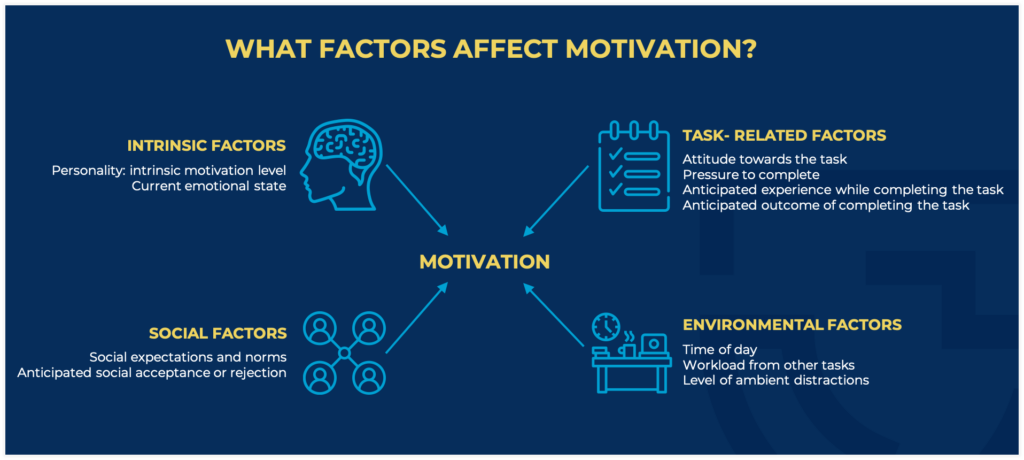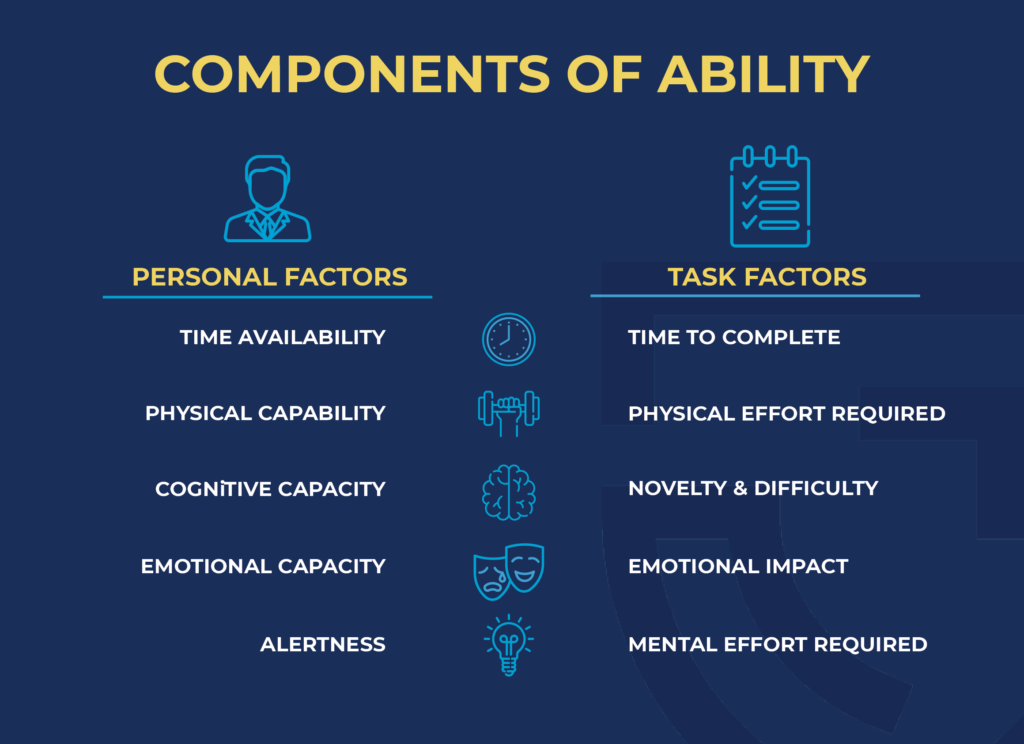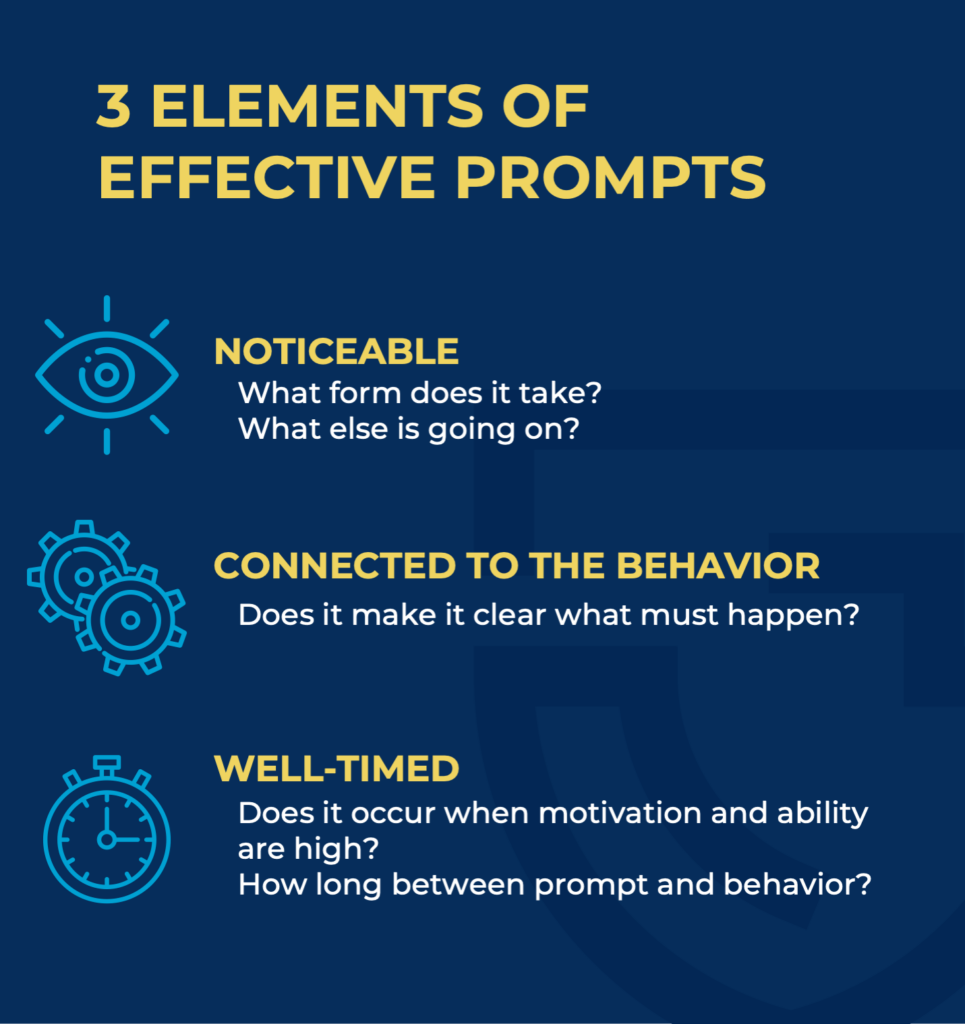A key focus of (travel) security programs is to raise awareness of the challenges and issues travelers may face, and to share knowledge on how to mitigate those risks. However, raising awareness is only the beginning. What we really want to achieve is people acting on the knowledge they have. We want employees to take actions that make them, their colleagues and their organizations safer.
This means that we are trying to directly influence employees’ behavior: teaching them a new way to act or respond, or replacing bad habits with good ones.
To help achieve this it’s key for any security practitioner to have a basic understanding of behaviors and how they happen. So, let’s dive in.
Why do behaviors happen?
As a Travel Security Manager there are many actions that you want employees to do. These actions, or behaviors, might include doing appropriate research prior to traveling, following company processes, using appropriate transportation and accommodation, being aware when out and about, keeping emergency numbers handy in case they are needed, and more. These actions are what I call “target behaviors”. They are what you want to happen.
According to the Fogg Behavior Model, a behavior happens when three key elements are present:
- An individual has sufficient motivation to act
- They have the ability to act
- There is a prompt that triggers action.
Let’s look at this using an example. Now more than ever it’s crucial that travelers do research on local conditions and restrictions before they travel. For a travel security manager, the act of conducting research is a target behavior. Using the behavior model as a guide, managers need to do three things to get this target behavior to happen:
- Help employees be motivated to do the research
- Make it easy and improve employees’ ability to do the research, and
- Give them prompts to do the research before they depart
Motivation: What motivates people, and how can it be influenced?
Your employees’ motivation to do pre-travel research will vary. There are many factors that can affect how motivated they are. These include the employee’s personality, the nature of the research, social pressures and the general environment.
While most of these factors are out of your control, you can influence task-related and social factors. For example, you could tell employees that doing research beforehand will remove uncertainty, mitigate issues, reduce waiting times and ensure they have a smooth, enjoyable trip. Alternatively, you could emphasize that doing research is just part of the process that all employees go through and is the norm.
I recommend testing different messages and approaches to see what is most successful at your company.
Ability: What determines ability, and how can we increase it?
An employee’s ability to do pre-travel research will depend on a number of elements. These include how much time they have available, how much thinking the research will require and how difficult it will be to find the information. Ability is influenced by two key factors: the employee and their capability, and the nature of the task itself.
Personal factors are out of your control and vary between employees. But you can influence ability by focusing on the task factors. Making the research process easier will make a big difference. If the research task is confusing and difficult, employees will have to be extremely motivated to do it – this is pretty unlikely. If you make the process straightforward and ‘foolproof’ however, the level of motivation needed is a lot lower. So, it is more likely to happen.
Achieving this might involve providing employees with a list of the five key questions they have to consider before they leave. It’s important to also provide guidance on what you consider useful and reliable sources of information and provide links to your employees for easy access. This will reduce the time and effort required for employees to do the research.
Prompt: What to consider when creating effective prompts?
Motivation and ability won’t lead to anything if employees don’t know they have to do research before their trip. There needs to be a prompt that tells employees they have a task to complete. Often managers will write policies and assume that employees will read them and know what to do. But this is rarely the case!
Creating effective prompts are where travel security managers can have a lot of influence. There are three key elements that make a prompt effective:
- The prompt is noticeable
- The prompt is connected to the behavior
- The prompt is well-timed
Using this knowledge of behavior prompts, you might set up your travel management technology to send automated reminders with checklists to travelers. Giving employees a prompt to schedule time in their calendar to do pre-travel research may also be effective. This would let them choose an appropriate time when they will be motivated and have the capacity to look through information sources.
Applying this knowledge of behavior to your company’s processes and activities may seem daunting, so it’s always helpful to keep in mind your own experiences. For example, you might find yourself doing quick, easy tasks on your to-do list first, rather than starting with the longer, harder tasks. You might even find the momentum of checking things off motivating!
This insight shows that often we can get quick wins by ensuring necessary processes are as easy as possible for employees. In the end, we all tend to follow the path of least resistance – so you want to make sure it’s the right path.
At SAME Solutions we are passionate about using behavioral science to design effective travel security training programs. What are some insights from behavioral science or psychology research that have helped you?
Learn more about the Fogg Behavior Model in this video and on this site.










